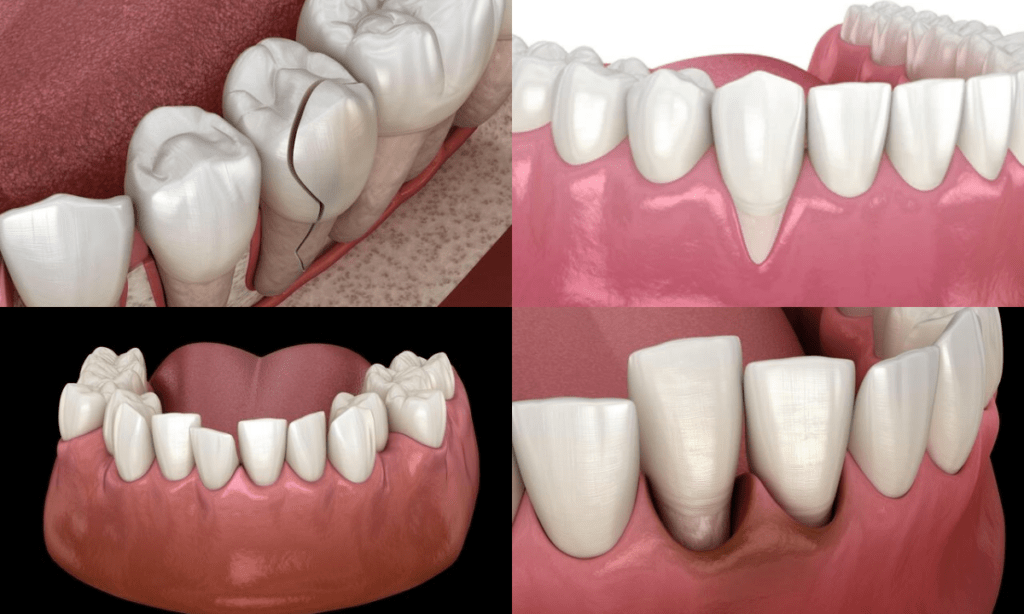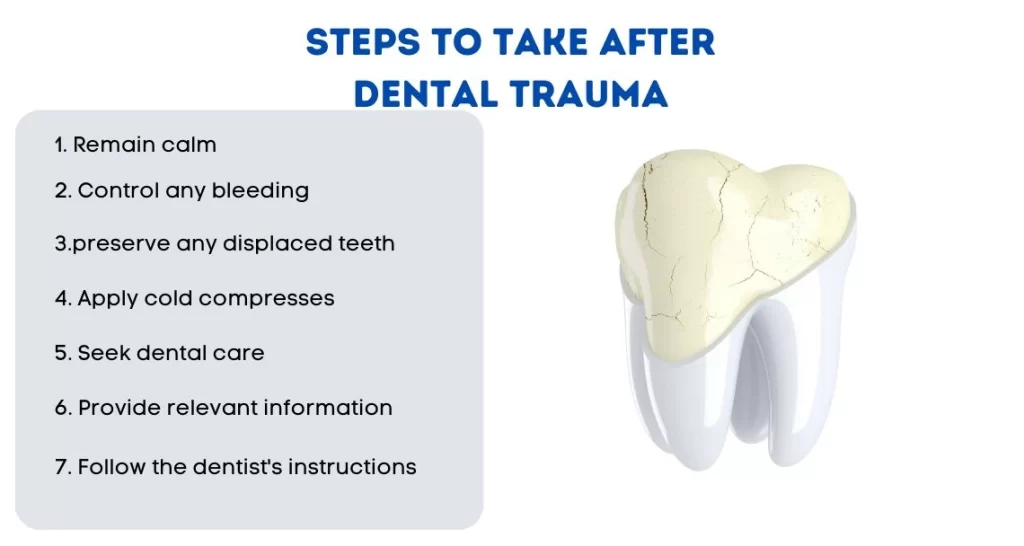
Dental trauma treatment in Birmingham
Knocked-out tooth • broken or chipped tooth • loose/dislodged tooth
When teeth are injured, timing matters — but we keep it calm. Relief first, then a clear plan before anything is done.
341 Birmingham Road, Great Barr, Birmingham, B43 7AP
We stabilise first, explain clearly, and go at your pace — no rushing, no pressure.
When dental trauma is an emergency
If any of these apply, call us now — we’ll guide you.
- Knocked-out adult tooth (also called an “avulsed tooth”)
- Tooth pushed out of position or suddenly loose after a knock
- Broken tooth with pain, bleeding, or sharp edges cutting your mouth
- Heavy bleeding from the mouth that won’t settle
- Sudden bite changes after the injury
If there’s a head injury, loss of consciousness, severe facial injury, uncontrolled bleeding, or breathing/swallowing difficulty, seek urgent medical help immediately.
What to do right now (before you arrive)

If an adult tooth is knocked out:
- Pick it up by the crown (the white part) — don’t touch the root.
- If dirty, rinse gently (milk/saline/saliva). Do not scrub.
- If it will go back easily, try placing it back in the socket and bite gently on a clean cloth.
- If you can’t put it back, keep it in milk (or saliva in a clean container) and come straight in.
- Do not reinsert a baby tooth.
If a tooth is broken, chipped, or loose:
- Rinse gently with water and apply pressure with clean gauze if bleeding.
- If you have a broken piece, keep it in milk or saliva and bring it with you.
- Avoid biting on the injured tooth and don’t “test” how loose it is.
- If swelling or pain is increasing after trauma, it needs checking today.

What we do today
The priority is stabilisation and relief — with clear options before anything is done.
1) Triage & comfort first
We control pain, check bleeding, and assess the tooth, gums and bite. You can pause at any time.
2) Check the injury properly (X-rays / scans if needed)
We look for hidden cracks, root injuries, and whether the tooth has been displaced. If needed, we can arrange OPG and CBCT on site.
3) Stabilise the tooth (when appropriate)
If a tooth is loose or moved, we may stabilise it (for example with a gentle splint) so the tissues can settle and heal.
4) Temporary repair for broken teeth
For a chipped or broken tooth, we smooth sharp edges and place a protective repair where appropriate — then plan the best long-term fix.
5) Clear plan & aftercare
You’ll leave knowing what happened, what we did today, and what happens next — with advice to protect the tooth while it settles.
Costs
Costs are explained after assessment and before treatment. We’ll always talk you through options first — especially in trauma cases where the safest approach depends on what we find.

Book emergency appointment
If you’ve had a knock to the mouth, don’t wait. We’ll assess, stabilise, and explain the safest next step.
For general fees, see the prices page.